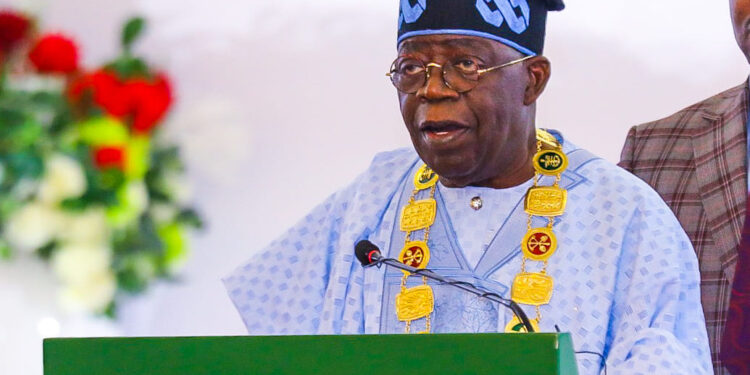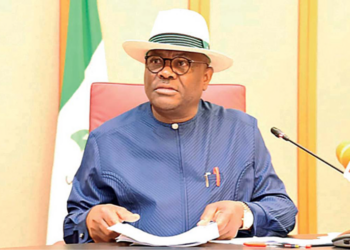President Bola Tinubu recently approved some key appointments within the FCT Administration (FCTA).
One of the notable appointments is that of Udo Atang as the pioneer Head of the Civil Service Commission, marking a significant milestone in the administration’s efforts to strengthen the civil service in the Federal Capital Territory.
Anthony Ogunleye, the Director of Press at the Office of the FCT Minister, conveyed this development in a statement released in Abuja.
The appointment of Mr. Atang, who holds the position of the most senior director within the FCTA, reflects a strategic decision to entrust leadership responsibilities to a seasoned professional with a deep understanding of the administrative landscape.
In addition to Atang’s appointment, President Tinubu has also approved the selection of 10 Permanent Secretaries to oversee various Secretariats within the FCTA.
These appointments, made by the FCT Civil Service Commission Law, 2018, aim to enhance efficiency and effectiveness in delivering governmental services across different sectors.
The geographical diversity of the appointed Permanent Secretaries underscores the administration’s commitment to inclusivity and representation. With individuals chosen from different regions, including the North East, North West, South West, North Central, South East, and South-South, the appointments reflect a balanced approach to governance that takes into account the nation’s diversity.
Furthermore, the appointment of Emeka Ezeh as the Chairman of the Commission, alongside six other commissioners representing the six geopolitical zones, further reinforces the administration’s commitment to equitable representation and fairness in decision-making processes.
The appointment of coordinators for departments such as the Satellite Town Development Department and the Abuja Infrastructure Investment Council (AIIC) highlights the administration’s focus on infrastructure development and urban planning.
While these appointments mark a significant step forward in the administration’s agenda, they have also sparked discussions and debates within the public sphere.
Some observers have raised concerns about the timing of the appointments, particularly amid the prevailing economic challenges facing the nation.
Additionally, questions have been raised about the selection process and criteria used for appointing individuals to key positions within the FCTA.














.gif)






